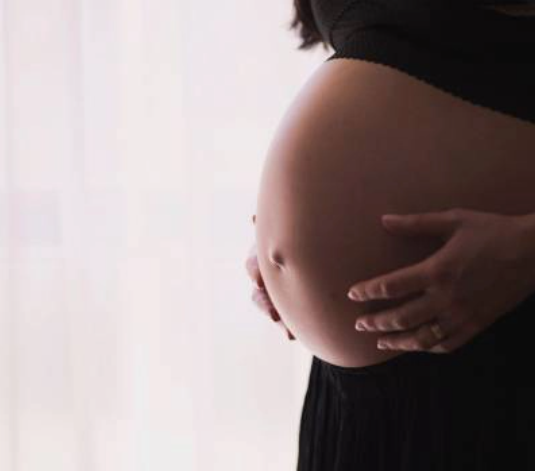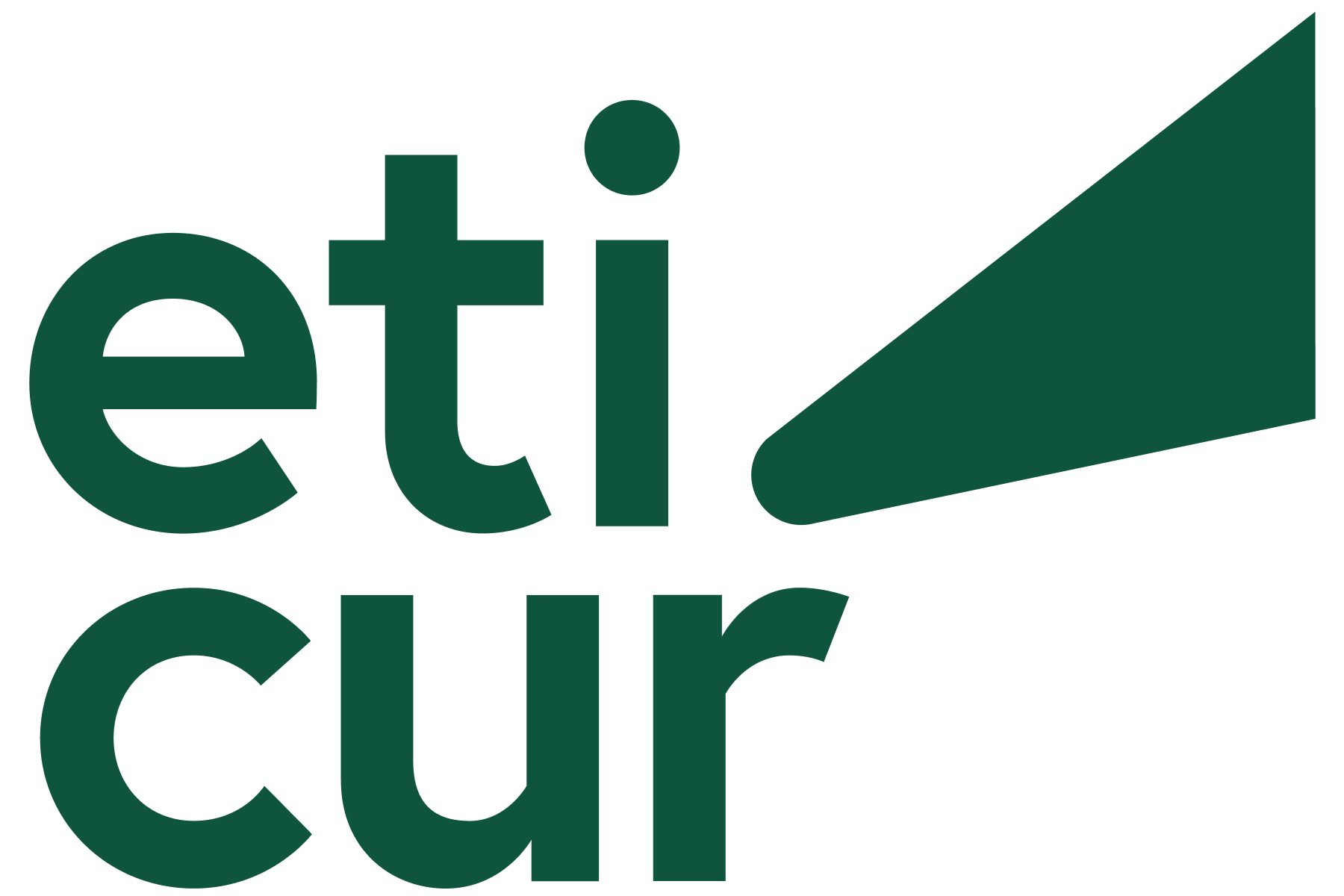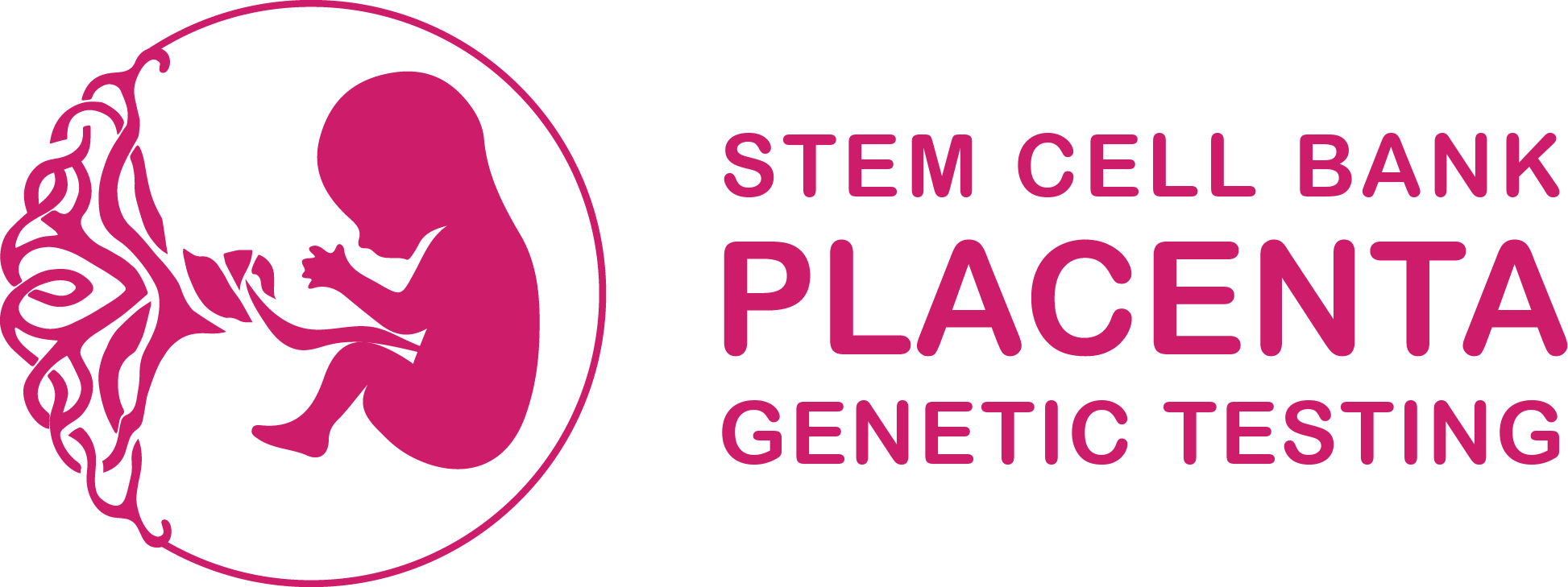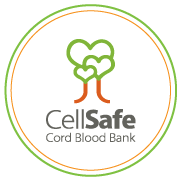FamiBlog
Varicose veins during pregnancy - are they dangerous?
During pregnancy, all kinds of troublesome symptoms can occur. One of them is varicose veins. The lower limbs are most often affected. Apart from their questionable aesthetic qualities, they also carry the risk of dangerous complications and need to be controlled. Should varicose veins be treated during pregnancy?

07 August 2019
Varicose veins during pregnancy - Causes
During pregnancy, there is an increased risk of venous thromboembolism, but also of venous insufficiency, which manifests itself, among other things, as varicose veins. They result from the obstructed flow of venous blood in the vessels and from abnormalities in the function of the venous valves. During pregnancy, venous pressure in the lower limbs increases and venous flow decreases. There is also a dilation of the venous vessels. The physiological changes in the body of the expectant mother favor the development of varicose veins. Varicose veins of the anus or vulva also occur, caused in part by the pressure of the enlarging uterus on the veins.
The increased risk of varicose veins during pregnancy is very much influenced by genetic factors. Hormonal changes in the pregnant woman's body also play an important role. In addition, expectant mothers who struggle with overweight and obesity and those with a history of thrombosis are more susceptible to varicose veins.
Varicose veins during pregnancy - what are the risks?
Venous insufficiency in itself does not pose a risk to the course of pregnancy. However, it should be remembered that varicose veins can lead to superficial phlebitis or pulmonary embolism. They are also a risk factor for thromboembolic disease. Varicose veins that develop during pregnancy usually do not disappear after delivery and require medical intervention.
Can varicose veins be prevented during pregnancy?
To prevent varicose veins during pregnancy, the expectant mother should avoid sitting or standing for long periods. A healthy diet and sufficient fluid intake are also important, as well as regular physical activity (after prior consultation with the gynecologist). Whether varicose veins occur during pregnancy is unfortunately out of our control and depends strongly on the individual predisposition.
Varicose veins during pregnancy - treatment
A pregnant woman who is struggling with varicose veins before, during and after pregnancy should seek the care of a phlebologist. However, treatment of varicose veins, such as with a laser, is recommended before or after pregnancy. For the duration of pregnancy, the phlebologist may recommend wearing special stockings or compression stockings. If the expectant mother is at high risk of thromboembolism, heparin injections may be required.
Sie interessieren sich auch für:
Intimate infections during pregnancy
Many expectant mothers struggle with the annoying symptoms of intimate infections during...
Sore throat during pregnancy
A sore throat is a relatively common condition that also affects pregnant women. However, not all...
Eating raw meat during pregnancy
During pregnancy, the expectant mother has many desires. But not all of them can be freely...
Stem cells and cord blood
Bone marrow was the primary source of stem cells (bone marrow transplantation involves...































